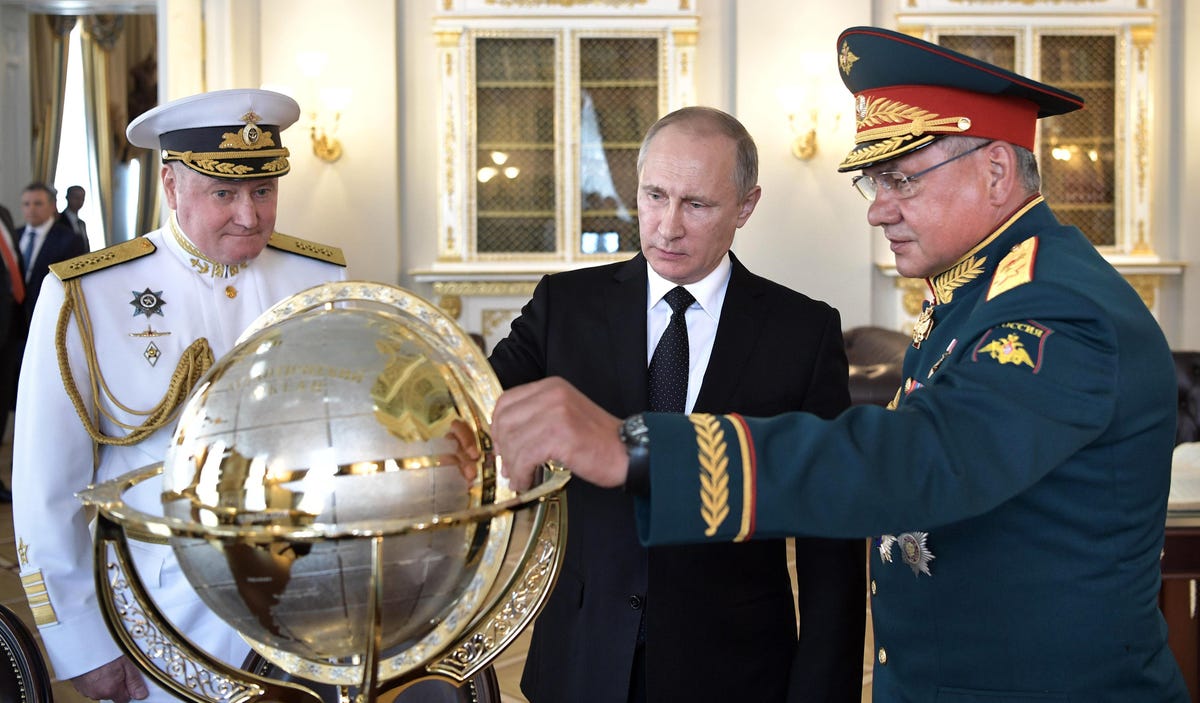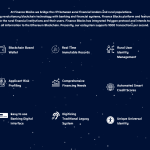#Putin #Russia #Ukraine #Germany #energy #EU #NWO #globalization #payments #SWIFT #FMTS #cryptocurrencies
$BTCUSD #KNIGHTSUSD
“The Russia-Ukraine conflict has become a geopolitical war. So, direct, retaliatory attacks against western financial institutions should not be taken off the table”–Paul Ebeling
The war in Ukraine has shown the limitations of the decades-long German approach of seeking to change Russia through trade and spells the end of globalization as we knew it, the European Economic Commissioner Paolo Gentiloni said Thursday.
Speaking at the Peterson Institute in Washington, Mr. Gentiloni said the Russian invasion of Ukraine on 24 February will also reshape global alliances and put further strain on global supply chains, already fragile after 2yrs of the VirusCasedemic.
“The notion of ‘Wandel durch Handel’, of bringing about change through trade, has shown its limitations,” Mr. Gentiloni said, referring to Germany’s policy towards Eastern European states started in the early 1970s. “We need to rethink our relations with autocratic regimes and strengthen our ties with like-minded partners,” he said.
For decades Germany has pursued close economic ties with Moscow, making itself heavily dependent on Russian Nat Gas, Crude Oil and Coal in a policy that now makes it etremely difficult for Europe to stop buying Russian energy and therefore stop indirectly financing the Russian invasion of Ukraine.
“This crisis will also spell the end of globalization as we have known it and reshape global alliances,” Mr. Gentiloni said.
“The war and its consequences – including the successive rounds of sanctions that the EU and the US have imposed on Russia – are exacerbating pressures on already strained global supply chains,” he said.
He said the invasion also forced the 27-nation European Union to sharply boost spending on defense and adapting the economy to the digital age.
This expenditure might need to be reflected in EU fiscal rules that are now under review, he said, and possibly in some new joint borrowing, possibly modeled on the EU’s post-virus recovery fund of EUR 800-B of joint debt.
“We are talking about mobilizing hundreds of billions of additional investments each year. While most of these investments will need to come from the private sector, financing them will require a more supportive framework of fiscal rules and potentially new tools at the European level,” he said.
Germany and other northern European countries are strongly opposed to such new joint borrowing.
Mr. Gentiloni said the cost of the Ukraine war for Europe depends on how long it lasts, but that economic and material support to Ukraine, assistance to refugees, as well as continued support to the EU economy to deal with high energy prices and disruptions in production will boost the aggregated EU budget deficit by at least 0.6% of GDP this yr.
In response to its expulsion, the Russian Central Bank has claimed its SWIFT alternative – the Financial Message Transfer System (FMTS), developed in the wake of the Y 2014 invasion of Crimea is primed.
Irrespective of FMTS’ short-term success, the bottom line is that the West’s use of the SWIFT “financial nuclear weapon” will splinter the global payments landscape, as crypto currencies are fast being adopted.
Have a prosperous weekend, Keep the Faith!









